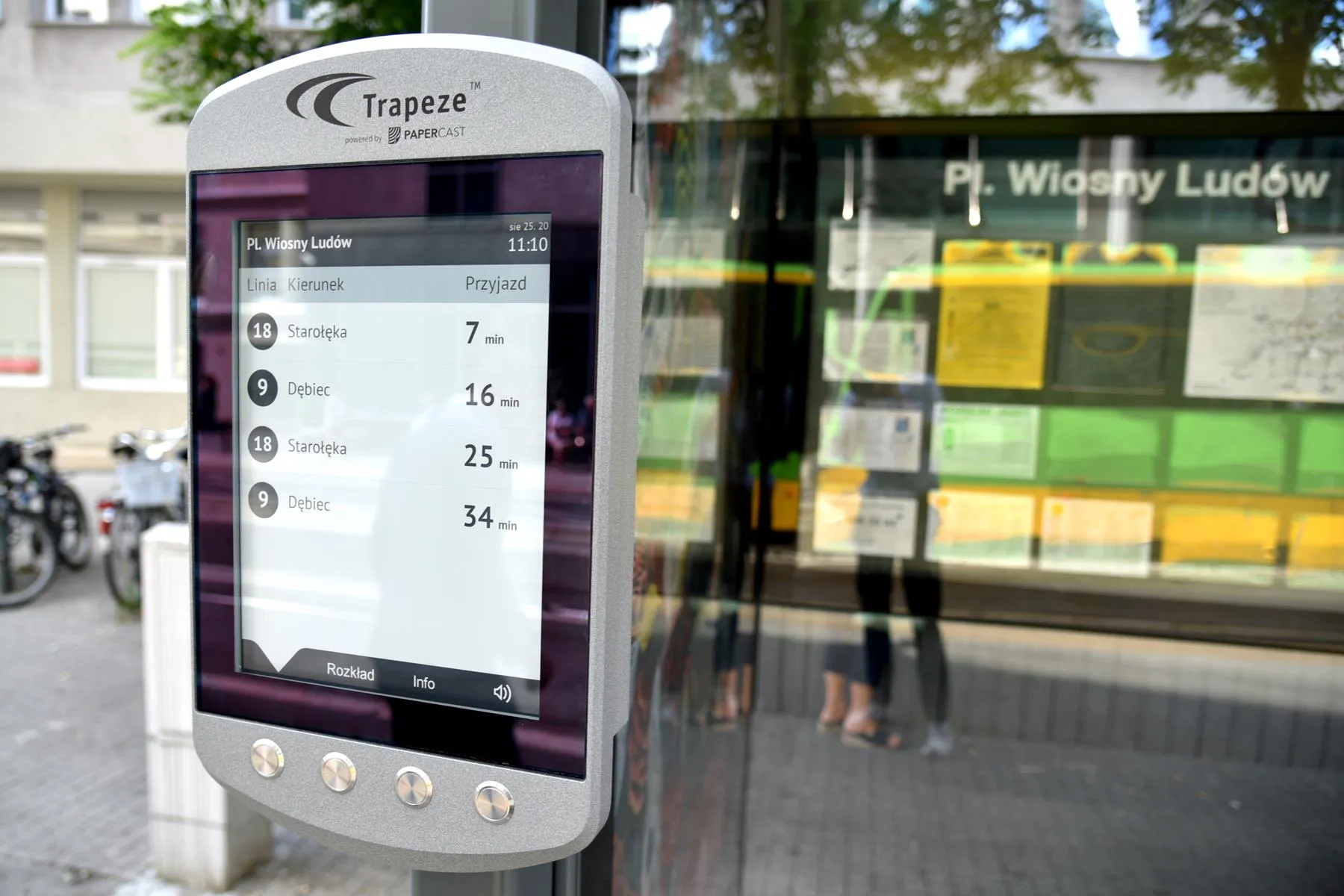Capital District Transportation Authority (CDTA), located in Albany, New York, has awarded Init the contract to implement an intelligent transportation management system (ITMS) across their entire fixed-route fleet.
The contract will modernise CDTA’s existing fleet management system to a cloud-hosted system, upgrade the automatic passenger counting system and deploy real-time passenger infotainment displays on-board and at various stop locations. CDTA customers will have their choice of real-time informa
March 21, 2017
Read time: 2 mins
The contract will modernise CDTA’s existing fleet management system to a cloud-hosted system, upgrade the automatic passenger counting system and deploy real-time passenger infotainment displays on-board and at various stop locations. CDTA customers will have their choice of real-time information channels; a mobile app, a user-friendly website, wayside and onboard signage, and an interactive voice response system. The contract also includes onboard wi-fi for passengers to further enhance their experience.
As part of the project, Init will supply a remote dispatching tablet application for field supervisors and new software upgrades for dispatchers and operators. They will enjoy a redesigned user experience for communications, managing operations, executing various service restoration measures and more.
The project also includes business intelligence tools to convert the operational data, like on-time performance, passenger miles and real-time communications into actionable information. The dashboards and data visualisation tools will display the current status of metrics and key performance indicators for decision makers.










